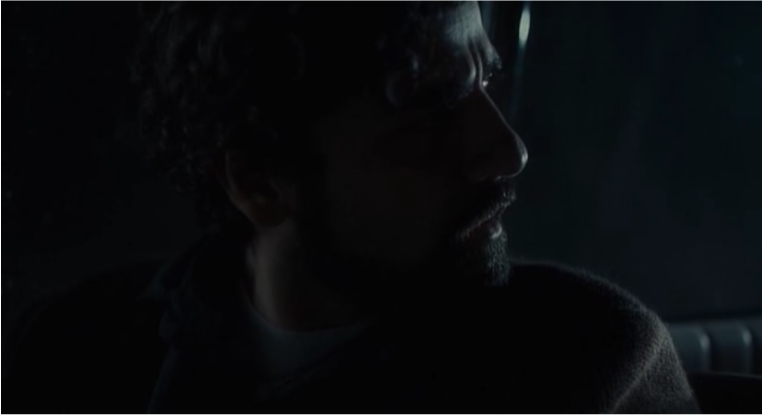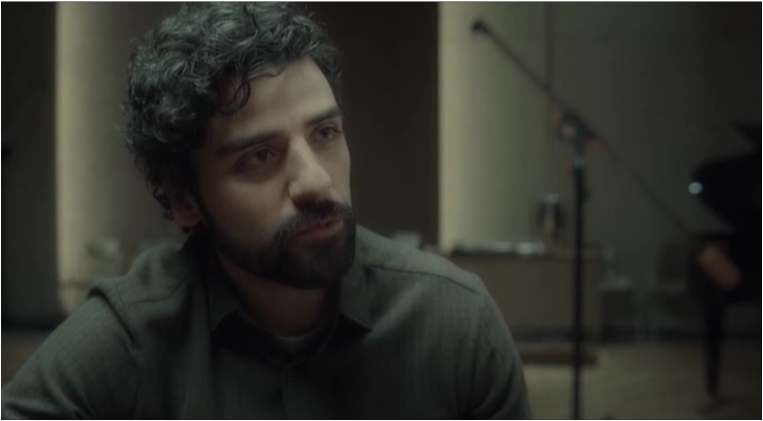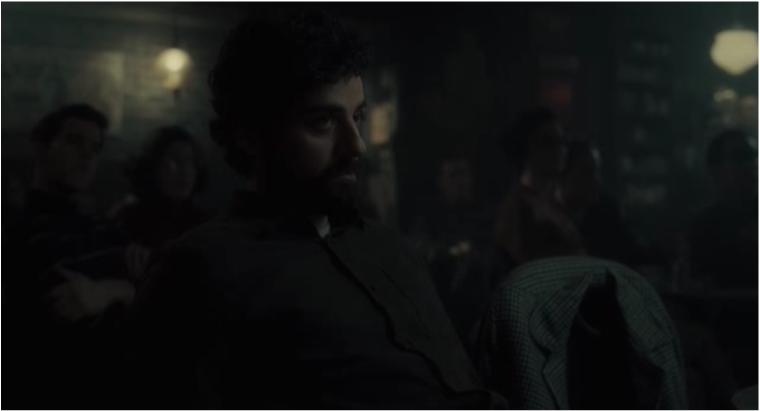|
by Luv Mehta “I’ve always found that art only comes through great inner pain.” -another Coen character, two decades earlier Llewyn Davis is no rockstar. He will never know the comfort of a mansion, he will never perform in front of a crowd of thousands, he will never be remembered as anything by any generation - and he knows all this. His CDs don’t sell. His songs are told off as downright unmarketable by one of the biggest music directors. His singing partner jumped off a bridge, and he gives good thought to whether he should go the same way himself. The pride of dying for the art, of hitching rides and bunking beds to make the pain more genuine, always clashes with his broken nature, his spite over the music he makes, and his failure. And the movie ends the exact same way it started. People have wondered - is he stuck in a Groundhog Day loop? Is the dissolve to the cat the point the movie dabbles with SciFi? (Knowing the Coens’ penchant for dabbling in multiple genres, this does seem likely to a lot) Well, here’s my two cents on it. Pain is universal. Pain pushes you down. Pain inspires. Pain will make all the hardships that much worse. Pain will make the taste of an eventual success that much sweeter. Pain is addictive. People today still cut themselves to achieve a release through pain. Models starve themselves to tick off an ideal body checklist. Method actors leave the love of their lives to achieve the tortured expressions required for the audience. And what will it bring about? The deliberate infliction of pain will destroy you, slowly but surely. You will achieve what you wanted, lose it, and cause yourself further pain. In your depression, you will push away the people you love to avoid being hurt, which will cause loneliness, which will cause further depression. Pain is a vicious cycle. And that is what the seeming cyclic structure forsees for Llewyn. A lot of folk music is inherently about dissatisfaction, depression, loneliness. He can’t manufacture the emotions required, he would consider that selling out. So he’ll deprive himself, prevent himself from committing, refuse to bare his soul. And the biggest regret we have is the fact that his failure isn’t really his fault. He was simply the wrong man at the wrong time. The closing scene teases a look at the biggest folk singer of all time, the one who pushed through to the mainstream while retaining critical adoration. A sellout, and an influential sellout at that. And while he plays, Llewyn keeps getting punched down, literally and metaphorically.
Would he have been better at handling himself, if he did ultimately find success? Maybe, maybe not. Llewyn was never the type to take pride in selling out. So he’ll keep punishing himself for a failure he isn’t responsible for. That will fuel his art, but the world won’t be ready for it. And he’ll slip further down into depression. And so, the cycle continues.
Follow us on Facebook and Instagram to be notified whenever we release new articles.
Do you use an RSS reader? Even better!
0 Comments
Leave a Reply. |
Categories
All
Archives
December 2022
|




 RSS Feed
RSS Feed
